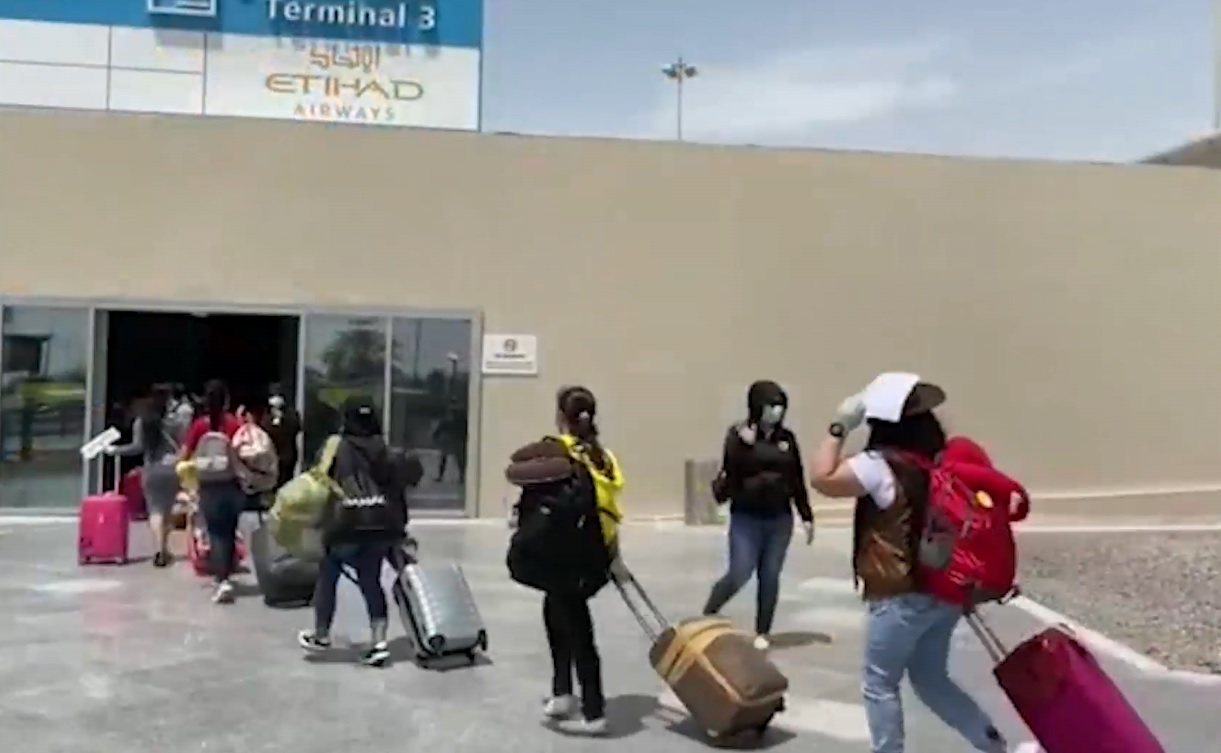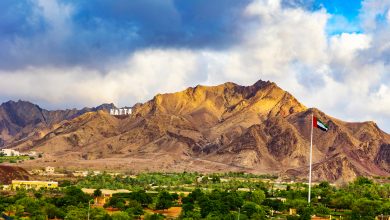Over half million Overseas Filipino Workers (OFWs) have lost their jobs when the corona virus struck the world in 2020. This figure added to a 75% drop in annual overseas deployment from 2.1 million to .549 million, the lowest in three decades, according to the Philippine Overseas Employment Administration (POEA).
However, the real impact of COVID-19 could be measured in job losses and the bleak prospects of employment recovery among these displaced peoplea s the question arose about how the migrants could reintegrate in their home country and economy in the face of the economy being stalled by the pandemic.
RELATED STORY: 83% of repatriated OFWs still unemployed 3 months after return
The experience of returned OFWs — who seriously heeded the call for “Migrant Savings for Alternative Investments (MSAI)” (or “save and invest”) came in handy as MSAI investors in agricultural production and agribusiness — who acquired agricultural land — were the long-term gainers.
During the pandemic, the MSAI persons responded to the call of government to buttress the food supply and an engineer-mechanic from Saudi Arabia grew his own rice, vegetables and fruits to supply the Davao-Agusan markets (in Mindanao), while another farmer is supplying livestock to the meat market in Cebu.
Sadly, those who lost out during the pandemic were those in transportation and travel, restaurants and small retailers. An awardee migrant entrepreneur lost all of her investments in the resort business in Siargao Island — a surfing destination — due to the travel ban and lockdown of business.
However, an enduring reintegration is not always governed by choice of sector. Amid the present massive employment, Agriculture is still the most neglected sector in the Philippines, though — at the same time — it is the sector least affected by the pandemic because it feeds the people. While there were job losses in other sectors, there were only actual gains in jobs in agriculture.
READ ON: PH gov’t flies home over 300 Filipinos from UAE
With large landholdings concentrated in the hands of a few landowners, government has been urged to free alienable, productive land. Migrants have engaged in long, hard labor – often away from their families – to earn, save and build assets and the Government must lead migrants back to the fundamentals of an economy: food production, agriculture and agribusiness, starting with food manufacturing.
The government, together with migrants and support organizations, needs to reestablish an ‘identifiable’ ecosystem that includes a facilitative policy environment, providing preferential treatment to OFW investments in enterprise registration and taxation, access to technology and post-harvest support, accessible capital and rational marketing policies and infrastructure.
Agriculture, fisheries, food production, manufacturing and distribution provide stable jobs to the poor and these fundamental activities need to be protected in Developing Asia and Pacific. (AW)




